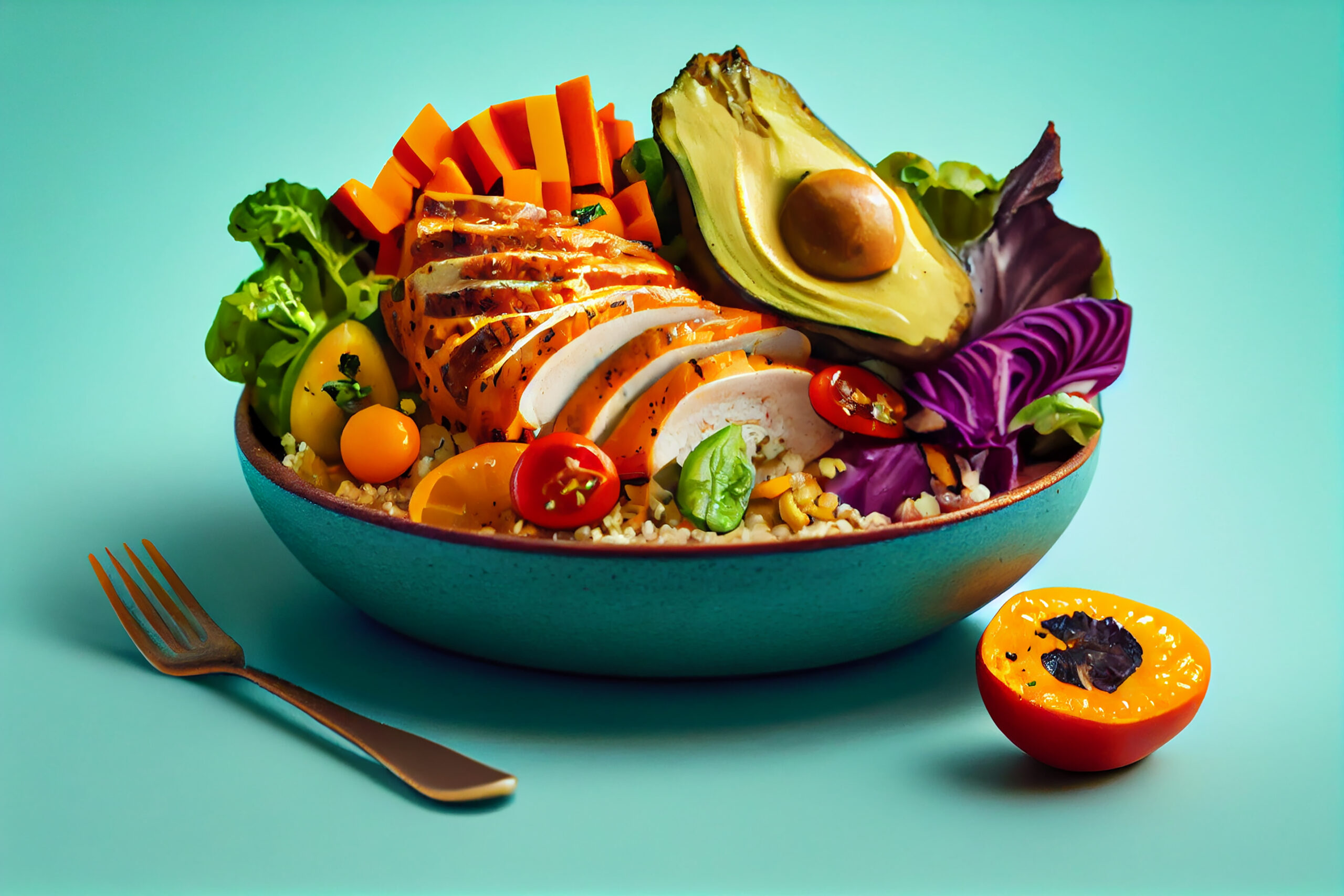Child specialists and doctors often face questions from teenagers, coaches, parents, and young athletes on how to choose the best protein supplement. How much can one take protein powder ? Are they safe? I think we first need to understand whether there is really a need to take artificial protein supplements. Here an attempt is being made to take some common questions regarding protein powder and give logical answers to them.

Q. How many grams of protein powder do young players need?
The current recommendation for protein is 0.8 grams per kilogram per day for teenage boys and 1.0-1.4 grams per kilogram for athletes. This means that male athletes need slightly more protein than their non-athlete peers. Girls need slightly less. Teen athletes can benefit from the extra protein in their diets to help them grow, build muscle, and maintain their recovery.
However, recent studies suggest that young athletes can benefit from having two to three times the recommended amount per day in their diets. If you take protein, then it is not good for health at all. So if your child is an athlete or sportsperson, then, of course, he can be given a little more protein, but never more than the recommended amount.

Q. Does taking extra protein powder make young athletes stronger?
This is not true. Excess protein intake does not help in gaining muscle mass or strength. Young boys need hormones (testosterone) and physical training to increase muscle mass. Without physical training, they will not be able to gain muscle mass. No matter how much protein you eat, it does not contribute to increasing muscle mass.
Scientists Discover Simple
‘Coffee Hack’ To Help Boost Metabolism And Release
Belly Fat…
Q. Can there be any side effects of consuming too much protein?
Absolutely. High-protein and low-carb diets are not good. Our bodies cannot store excess protein for later use, so we have to process it, and that costs a lot of energy. Excess protein also turns into fat. Too much protein can cause nausea and loss of appetite. It can even put strain on the liver and kidneys.

Q. Can protein supplements/powder benefit boys?
Understand that protein powders are mostly not effective. Guys should get their protein from natural sources like food instead of relying on artificial supplements. Protein powders are currently not regulated by the FDA (Food and Drug Administration).
They may contain artificial sweeteners, heavy metals, and other harmful chemicals. Moreover, they are expensive too. Still, if one needs protein supplements, then one should take supplements with high ratings from the Food Safety and Standards Authority of India (FSSAI).
Scientists Discover Simple
‘Coffee Hack’ To Help Boost Metabolism And Release
Belly Fat…
Q. Can protein supplements be beneficial for anyone?
Boys and girls participating in professional sports, those who are vegetarian or vegan, or children who have certain diseases or are underweight may benefit from protein supplements, provided it is confirmed that they are not getting enough protein in their diet. But keep in mind that protein supplements should be given to such children or teenagers only under the supervision of a nutritionist.
Q. How important is rest for youngsters doing strength training?
Rest is an essential part of maintaining a healthy lifestyle. Keep in mind that strength training of a particular body part should be done on alternate days. Teenagers should get eight to nine hours of sleep per night.
However, please keep in mind that this information is for general educational purposes only and should not replace personalized medical advice. If you have any concerns or questions about your health or the appropriateness of using whey protein, it’s essential to consult with a qualified healthcare professional.

‘Coffee Hack’ To Help Boost Metabolism And Release
Belly Fat…
Conclusion
In conclusion, for most healthy people with a balanced diet, whey protein supplementation is unnecessary. Encourage your teenager to focus on consuming a variety of whole foods to meet their nutritional requirements. If you have concerns about their protein intake or overall nutrition, consult with a registered dietitian or paediatrician who can provide personalized advice based on their specific needs and lifestyle.
Want to Read An Article About Chat GPT?